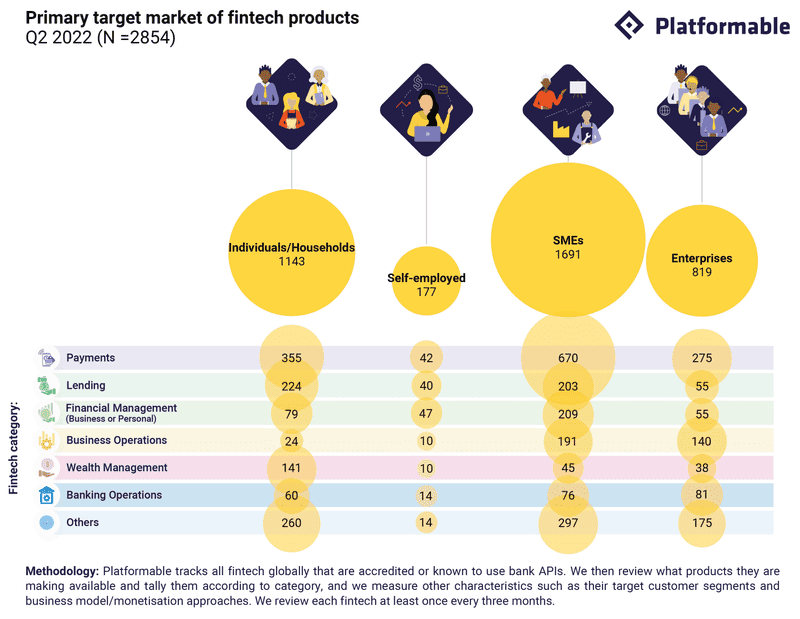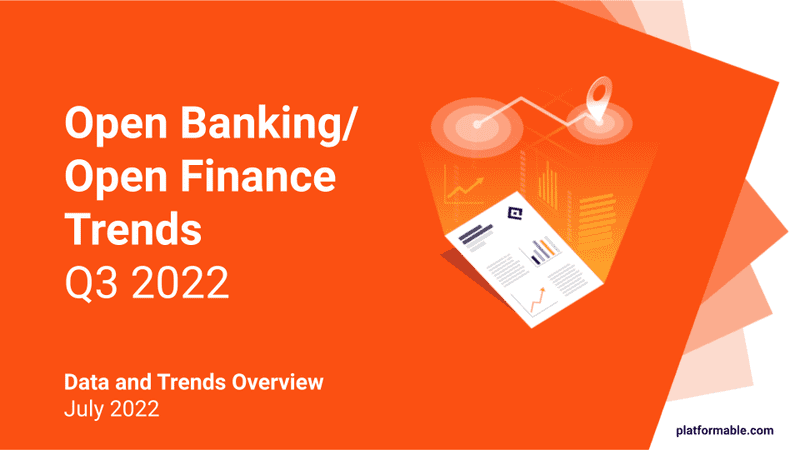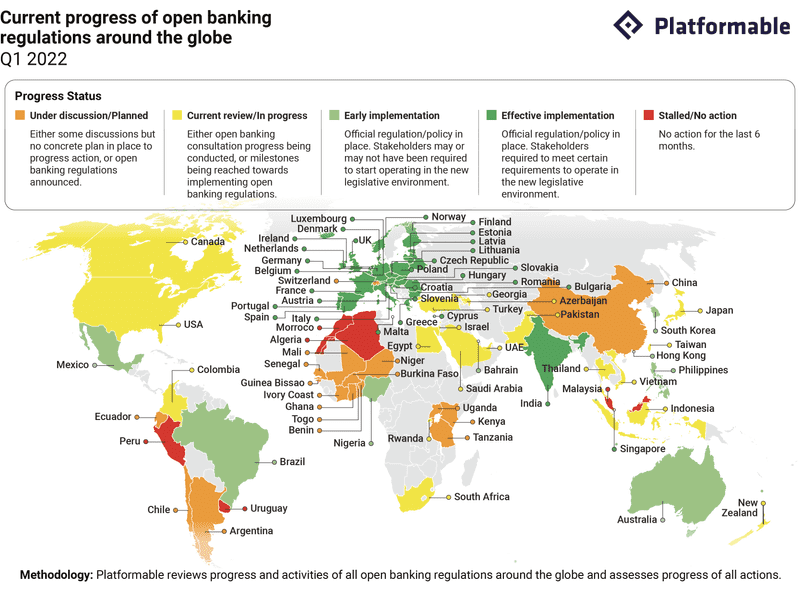Lithuania: the Open Banking Fintech Brexit Winner
5 min read
Share this article
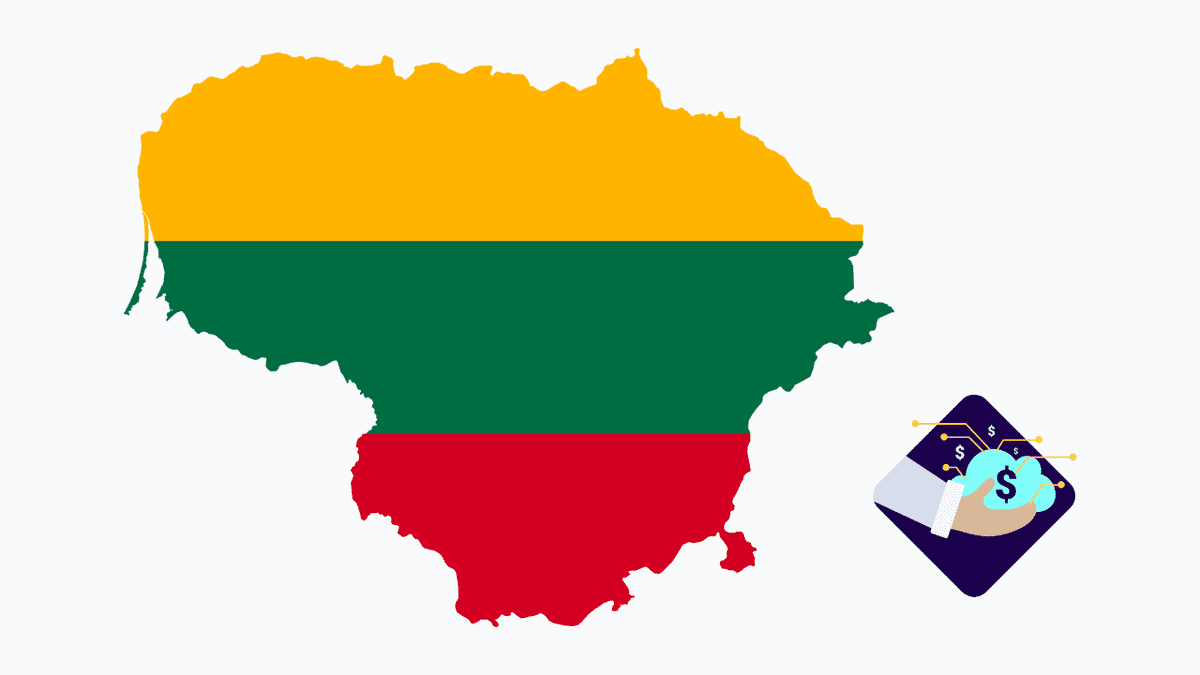
To build an open banking customer base across Europe, UK fintech are moving part of their operations to the continent. Lithuania is often the fintech hub of choice for these startups seeking to avoid Brexit-induced passporting headaches. Differences in regulatory standards and a lack of provisions regarding financial services in the UK-EU Trade and Cooperation Agreement have the potential to weaken the UK as a worldwide fintech hub. Fintech can no longer passport their national license to EU countries and now must apply for regulatory clearance in each country before offering services to local consumers. Freedom of movement has also ended between the two regions. The 42% of fintech workers who don’t hold citizenship now need a visa to work in the UK.
The UK government is seeking out new fintech policy mechanisms, including those that aim to address the potential impacts of Brexit on fintech. A fintech review conducted in Q1 2021 recommends a new ‘scale up’ visa for fintech professionals, for example.
Open Banking Europe note that a temporary permission regime is in place to enable UK banks to check if European-based fintech are registered to allow financial services functionalities. They give an example of a German fintech that is operating in the UK (of the 37 German open banking/open finance fintech we track, it appears that 8 are accredited to operate in the UK, including Treefin, for example). Under the temporary permission regime, if a customer is using an app (like Treefin) and wants to connect their German bank account to the digital financial assistant app, the German bank would check that the app has a Global Unique Reference Number. If the customer wanted to connect the app to their UK bank, the UK bank would check that the app has a Financial Registration Number. But that means that both the German and UK banks have to keep up to date lists of whether the apps have appropriate accreditation. As open banking continues to expand, this data management process will become increasingly complex. Already Open Banking Europe’s parent company, Konsentus, has created a product to manage this assessment.
Regulatory changes have also prompted Mastercard, one of the largest credit card companies in the UK, to announce a rate hike greater than 400% beginning in October. Credit card fees, usually capped at an EU-mandated 0.3% per charge, will rise to 1.5% due to the UK and EU now being deemed inter-regional. Debit card fees will also rise from 0.2% pre-Brexit to 1.15%. Visa, Mastercard’s largest rival, has yet to increase their fees, though they are reviewing the situation. Open banking could eliminate these fees altogether: by using direct bank to bank payments, credit cards are redundant for all but in-store purchases, since bank transfers don’t translate to Point of Sale transactions.
With 19% of UK-based open banking fintech serving 30 or more European countries, the industry has had to make some adjustments to be successful in the post-Brexit regulatory landscape.
We took a look at a couple of companies to see what post-Brexit changes they’ve put in place:
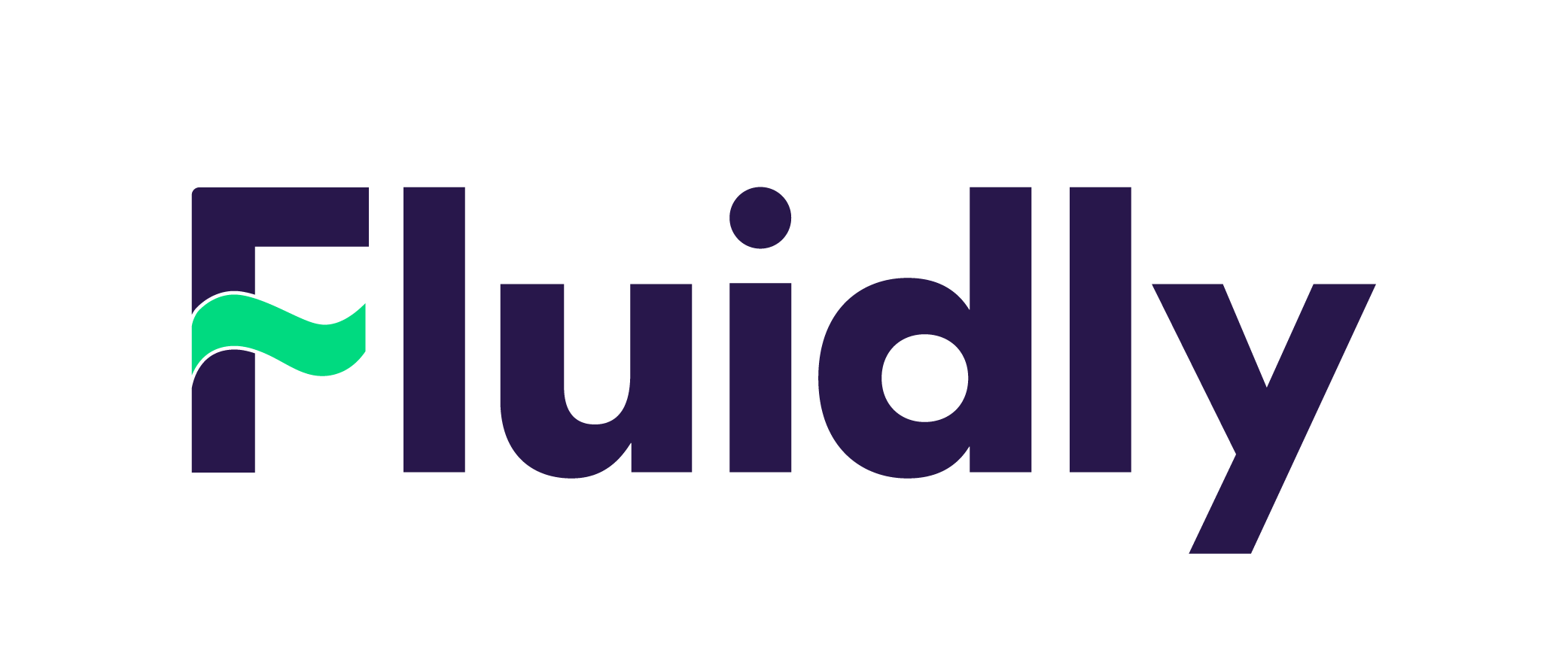
Fluidly
Who They Are: A UK-based credit card control company partnered with cash flow management app, Xero
Year Established: 2016
Accreditation: 31 countries, though Xero itself is only accredited in the UK and Ireland
Banks Served: All major UK and Irish banks, as well as challenger banks Revolut, Starling, and Monzo
Changes Made: Added advice to their site recommending clients speak to a Fluidly Account Manager for help in navigating business finances. They also increased promotion of BDO Northern Ireland, a business assurance service focused on preparing businesses to comply with Brexit.

Who They Are: An open banking provider with offices in the UK and Germany
Year Established: 2017
Accreditation: 31 countries
Banks Served: All top UK banks
Changes Made: Opened a subsidiary in Lithuania to expand their European customer base
Lithuania has set itself the goal of becoming a global fintech hub, and the post-Brexit scramble to establish a base in Europe is playing in their favour. They will also benefit from fintech’s contribution to the local economy, since the newly opened subsidiaries are usually in need of employees: Yapily alone looks to add 30 people in the near future to their Lithanuian office, for example.
In the immediate term, Platformable expects fintech trading between UK and Europe fintech to fizzle slightly as European fintech seek first to passport their apps to an increasingly dynamic European market. Q1 trends data shows that a lot of the groundwork is now in place, and Platformable analysts expect to see the pace of open banking activities to pick up over the rest of 2021. The analyst team believes fintech eager to work across the region should put UK go-to-market strategies to one side for the next 3-6 months and focus on European opportunities. The UK’s Kalifa Review could introduce new policy goals which may seek to reduce trade barriers for fintech, or they could bolster UK’s brain drain by providing incentives for European fintech staff to migrate. Either way, that will become clearer by midyear, which means a Q2 go-to-market strategy should focus on European opportunities, or even global partnerships. They suggest fintech could review the Q1 Open Banking/Open Finance Quarterly Trends Report and look at which countries score highly on developer score, for example, as these countries have more banks investing in the resources needed to speed up fintech use of open banking APIs.
And in the meantime, we’ll be keeping an eye on Lithuania, and its ever-growing potential to become the next European fintech hub.
Feature image of the Lithuania flagmap from: https://en.m.wikipedia.org/wiki/File:Flag-map_of_Lithuania.svg


